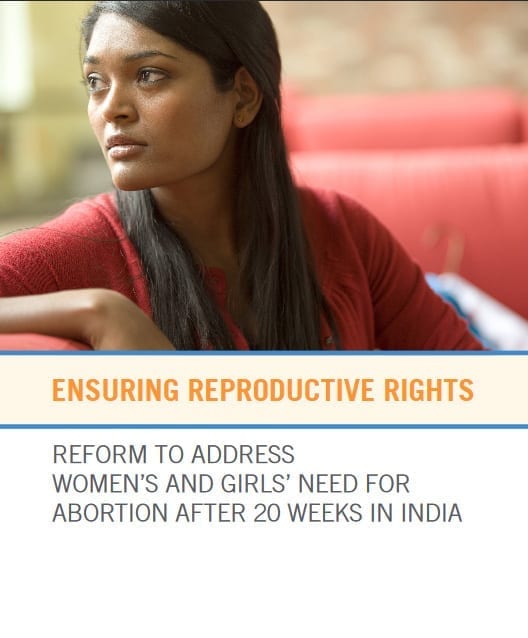Philippines Must Act on Magna Carta of Women
After languishing for more than 10 years in three different congresses, the Magna Carta of Women (Magna Carta), Republic Act 9710, was signed into law by President Gloria Macapagal-Arroyo of the Philippines on August 14, 2009, and came into effect on September 15, 2009. The Magna Carta is invaluable to advancing justice and women’s human rights in the Philippines. Its passage marks a milestone in Philippines history and for the status of Filipino women.
The Magna Carta conveys a framework of rights for women based directly on international law. It establishes the Philippines Government’s legal obligation to protect and promote women’s human rights and adopts the Convention on the Elimination of All Forms of Discrimination against Women’s (CEDAW) definition of discrimination. It also recognizes human rights guaranteed by the International Covenant on Civil and Political Rights (ICCPR), the Convention on the Rights of Child (CRC), and the International Covenant on Economic, Social and Cultural Rights (ICESCR).
In addition to guaranteeing substantive rights, the Magna Carta clearly establishes the duty of the government to take steps to end discrimination against women, within a specific time frame. It provides that the Philippines government must “ensure the substantive equality of men and women” and mandates the State to take steps to review, amend or repeal existing laws that are discriminatory towards women within three years of the Act entering into force. Significantly, the law recognizes a range of women’s reproductive health rights throughout their life cycle including the right to access services relating to family planning, maternal health and post-abortion care.
To ensure its proper implementation, President Arroyo has tasked the Philippines Commission on Women (PCW) with drafting the Implementing Rules and Regulations (IRR) for the Magna Carta. The purpose of the IRR is to delineate under which government departments’ and agencies’ purview each provision of the new law will fall. The drafting process has been a nationwide endeavor and has included a series of regional consultations by the PCW with civil society organizations, local government units, and other entities. The Magna Carta is especially important for women residing in Manila City in light of Executive Order No. 003 (EO 003) — a decade old ban that effectively prohibits the provision of modern contraceptives in health clinics funded by the local government of Manila City. The ban seeks to promote “natural” family planning in lieu of “artificial” contraception, consequently exposing many women to unintended pregnancies, compromising their health and often exacerbating their poor financial condition. The far-reaching impact of the ban has been documented by the Center and local partners Likhaan and Reprocen in the report, Imposing Misery.
The Center and its partners in the Philippines brought a legal challenge against EO 003 in 2008 through litigation involving 20 residents of Manila City in Lourdes Osil et. al. v. Mayor of Manila. While the nation’s high courts have been disappointingly unresponsive to the claims made in this case, the repealing clause of the Magna Carta provides a clear legal basis for the government to repeal the EO on the ground that it contravenes the provisions of this new law.

